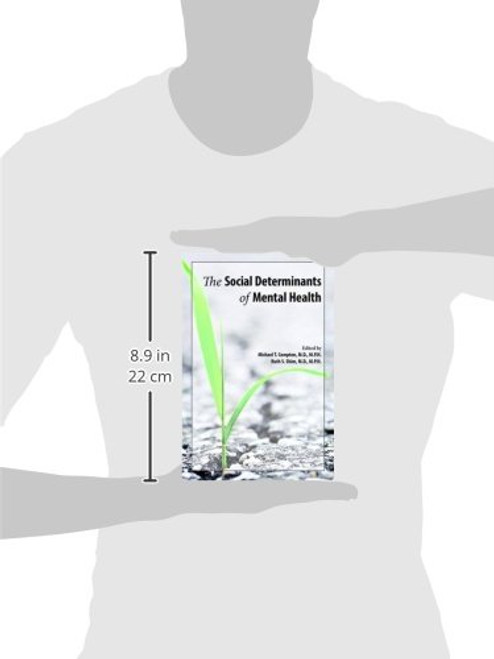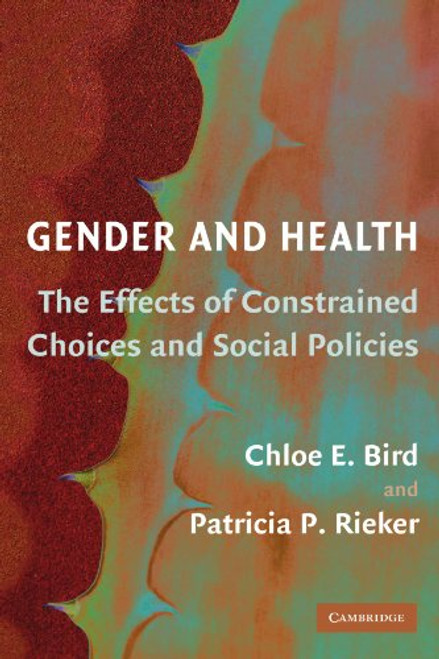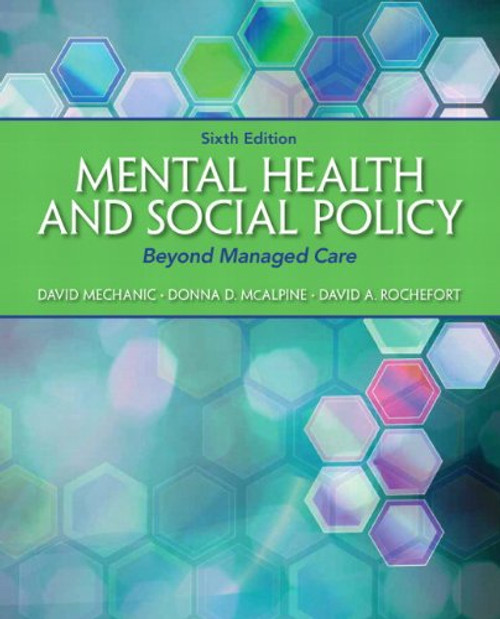Product Overview
African American males have never fared as poorly as they do currently on a number of social indicators. They are less likely to complete high school than their white male and female or African American female peers, they are more likely to exhibit depressive symptoms, and they have fewer sanctioned coping strategies. Arguably, no other group in American society has been more maligned, regularly faced with tremendous odds that uniquely threaten their existence. When they do receive education, mental health, and physical health services, it is often in correctional settings. They are marginalized in public policies on secondary and higher education attainment, marriage and parental expectations, public welfare, health, housing, and community development. Yet they remain overlooked in health and social science research and are stereotyped in the popular media.
Taking a step back from the traditionally myopic view of African American males as criminals and hustlers, this groundbreaking book provides a more nuanced and realistic portrait of their experiences in the world. Chapter authors, both established and emerging scholars of social problems relevant to African Americans, offer a comprehensive overview of the social and economic data on black males to date and the significant issues that affect them from adolescence to adulthood. Via in-depth qualitiative interviews as well as comprehensive surveys and data sets, their physical, mental, and spiritual health and emerging family roles are considered within both individual and communal contexts. Chapters cover health issues such as HIV and depression; fatherhood and family roles; suicide; violence; academic achievement; and incarceration.
With original research and a special eye toward enhancing social work and social welfare intervention practice with this often overlooked subpopulation of American society, this volume will be of great interest to researchers interested in African American issues, students, practitioners, and policy makers.







